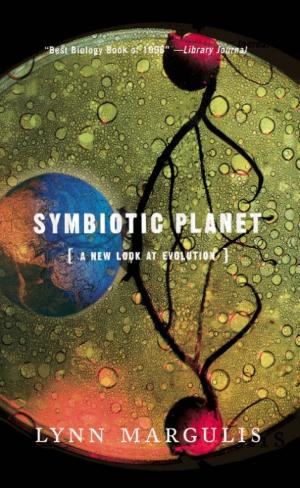The Galapagos
A Natural History
Nonfiction, Science & Nature, Science, Biological Sciences, Evolution, Nature| Author: | Henry Nicholls | ISBN: | 9780465035953 |
| Publisher: | Basic Books | Publication: | April 8, 2014 |
| Imprint: | Basic Books | Language: | English |
| Author: | Henry Nicholls |
| ISBN: | 9780465035953 |
| Publisher: | Basic Books |
| Publication: | April 8, 2014 |
| Imprint: | Basic Books |
| Language: | English |
Charles Darwin called it "a little world within itself." Sailors referred to it as "Las Encantadas"- the enchanted islands. Lying in the eastern Pacific Ocean, straddling the equator off the west coast of South America, the Galápagos is the most pristine archipelago to be found anywhere in the tropics. It is so remote, so untouched, that the act of wading ashore can make you feel like you are the first to do so.
Yet the Galápagos is far more than a wild paradise on earth-it is one of the most important sites in the history of science. Home to over 4,000 species native to its shores, around 40 percent of them endemic, the islands have often been called a "laboratory of evolution." The finches collected on the Galápagos inspired Darwin's revolutionary theory of natural selection.
In The Galápagos, science writer Henry Nicholls offers a lively natural and human history of the archipelago, charting its course from deserted wilderness to biological testing ground and global ecotourism hot spot. Describing the island chain's fiery geological origins as well as our species' long history of interaction with the islands, he draws vivid portraits of the life forms found in the Galápagos, capturing its awe-inspiring landscapes, understated flora, and stunning wildlife. Nicholls also reveals the immense challenges facing the islands, which must continually balance conservation and everencroaching development.
Beautifully weaving together natural history, evolutionary theory, and his own experience on the islands, Nicholls shows that the story of the Galápagos is not merely an isolated concern, but reflects the future of our species' relationship with nature-and the fate of our planet.
Charles Darwin called it "a little world within itself." Sailors referred to it as "Las Encantadas"- the enchanted islands. Lying in the eastern Pacific Ocean, straddling the equator off the west coast of South America, the Galápagos is the most pristine archipelago to be found anywhere in the tropics. It is so remote, so untouched, that the act of wading ashore can make you feel like you are the first to do so.
Yet the Galápagos is far more than a wild paradise on earth-it is one of the most important sites in the history of science. Home to over 4,000 species native to its shores, around 40 percent of them endemic, the islands have often been called a "laboratory of evolution." The finches collected on the Galápagos inspired Darwin's revolutionary theory of natural selection.
In The Galápagos, science writer Henry Nicholls offers a lively natural and human history of the archipelago, charting its course from deserted wilderness to biological testing ground and global ecotourism hot spot. Describing the island chain's fiery geological origins as well as our species' long history of interaction with the islands, he draws vivid portraits of the life forms found in the Galápagos, capturing its awe-inspiring landscapes, understated flora, and stunning wildlife. Nicholls also reveals the immense challenges facing the islands, which must continually balance conservation and everencroaching development.
Beautifully weaving together natural history, evolutionary theory, and his own experience on the islands, Nicholls shows that the story of the Galápagos is not merely an isolated concern, but reflects the future of our species' relationship with nature-and the fate of our planet.















